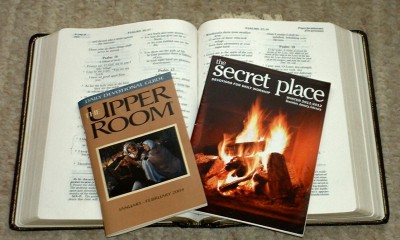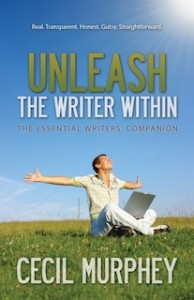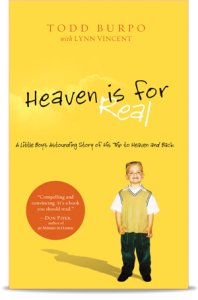 “Tell me about your book,” said the first person I met at the writers’ group meeting.
“Tell me about your book,” said the first person I met at the writers’ group meeting.
“I don’t write books. I write articles,” I said. I stopped myself before I preached him a sermon. Most unpublished writers want to write a book. But, think about it. To assume that you can start your publishing career with a book is like taking an entry-level job in a corporation and expecting to start as the CEO. Climbing the ladder of success involves taking your turn on the bottom rungs as you ascend to the top.
Get your name in print with articles and other short pieces first. If you write enough of them on one topic, you might have enough material for a book. A good example of this is Lettie Kirkpatrick Burress’ book, Taking Back Christmas. Writing articles, you can establish yourself as an expert on a topic. Readers, and therefore editors, will be more interested in your eventual book after you’ve established your reputation.
There are a number of advantages to writing articles instead of books:
- Articles are short, so they don’t take so much time to create. You can experiment with various topics while you decide what you want to specialize in.
- You are more likely to get a short piece published. Once you build your article portfolio, you will have credits to show potential publishers of your book.
- Articles can be sold more than once. As long as you don’t sell all rights, you can sell unlimited reprints of every article you write.
Don’t give up on your book idea. Just take your time developing your material and your platform. That’s the recipe for publishing success.
How-to’s for Article Writers:
Terry Whalin’s article writing page
“Success with Writing Articles” on agent Chip MacGregor’s Blog
My review of two books on article writing









